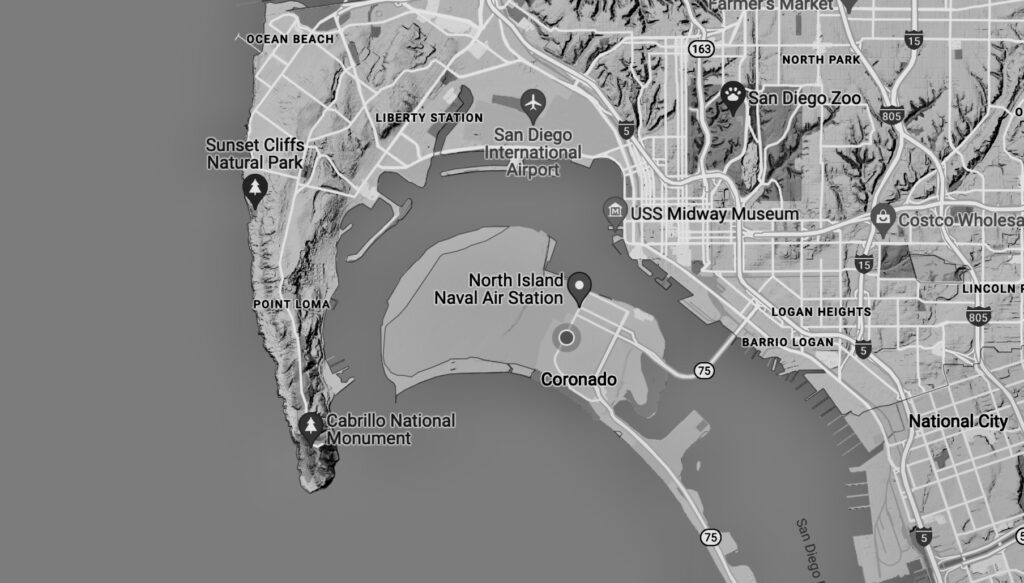
Written by Kevin Ashley. Read the entire article here: kevinashley.substack.com/p/coronados-hidden-african-american
I began my research into the history of the African American community in Coronado almost by chance, in February of 2020. My son’s Coronado High School (CHS) basketball team was preparing to play for the California Interscholastic Federation (CIF) Division 3 Championship that year, and I was immensely proud of him. We had moved to Coronado from Kenya in 2016, and basketball had been key to his sense of belonging at Coronado High, which is a predominantly white school (Kieran was one of two African American players on the team).
The team had only won two CIF championships in its long history, the first title being won in 1956. Being both a basketball fanatic and a history buff, I felt it necessary to research more about that first team and its journey to the title. I never imagined that this simple research would be a game-changer for me and set the stage for the creation of The Coronado Black History Project.
I was immediately surprised to note that three of the nine players (from 1956) were African American; I had assumed (wrongly) that Coronado was a white enclave back then. I was already knowledgeable about the fact that many neighborhoods and cities in Southern California had historically utilized racially restrictive covenants and discriminatory practices known as “redlining” in order to keep African Americans out. I had assumed Coronado might have been one of those places which would have kept African Americans out.
I went back and reviewed the Federal Government’s Home Owners’ Loan Corporation “redlined” map of 1938 for San Diego and Coronado, as well as the description of the C-10 neighborhood in Coronado (see below). The description confirmed the presence of African Americans in Coronado as far back as 1938 (an important fact in itself), but it also reflected the blatant racism prevalent at that time.
Continue reading the entire article here: kevinashley.substack.com/p/coronados-hidden-african-american




